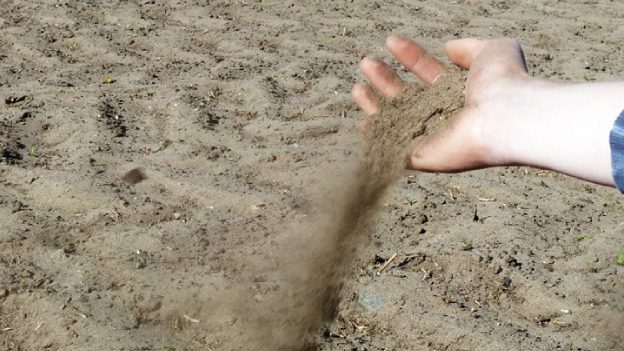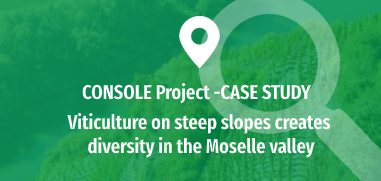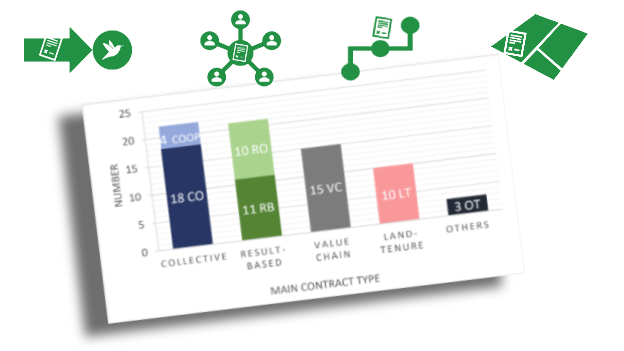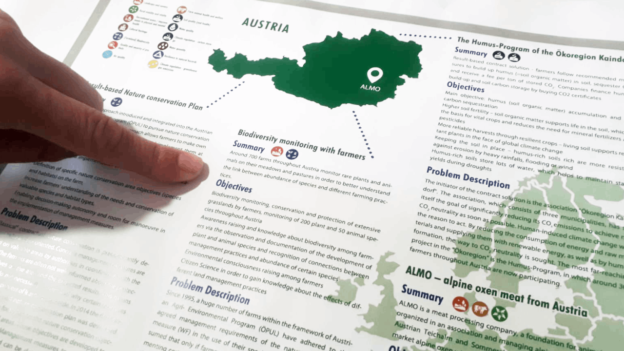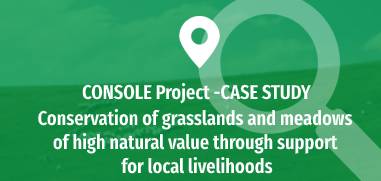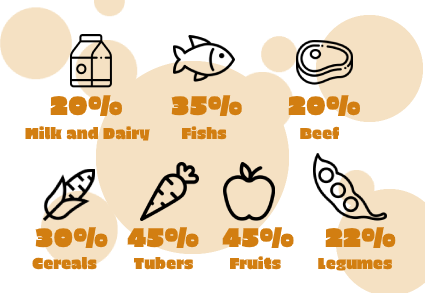In principle, CONSOLE case studies are examples of existing, innovative and effective contract solutions aimed at improving the provision of AECPGs.
However, for the purposes of covering failures, CONSOLE case studies can also represent real life proposals of contract solutions that for some reasons have never arrived at the stage of generating impact, but that can provide relevant insights (e.g. measures that opened calls without participation, contract proposals with no uptake, measures proved impossible due to regulatory constraints at EU level, etc.)
Moreover, a CONSOLE case study is a case of real implementation of a specific contract “type”. In accordance with the CONSOLE deliverable D1.1. contract solutions suited to be a case study in CONSOLE are:
- land tenure-based: tenure-related prescriptions, e.g. environmental clauses in tenure contracts;
- result-based/result-oriented (synomym: output-based/output oriented):contracts specifying a result (e.g. the delivery of a specific AECPG serves as reference parameter for payment)
- collective implementation/cooperation: formalised cooperation among farmers/actors in view of delivering AECPGs
- value chain-based: delivery of AECPGs in connection with private goods provision, e.g. contracts between value chain partners for the delivery of AECPGs connected to product specificities.
Also contract solutions representing combinations or hybrids of these contract “types” are suited to be case studies in CONSOLE. Practice- or action-based contracts, today’s dominating approach, have been excluded on purpose. Still there are some contrat solution case studies that contain practice-based elements, for example where the payments are (partly) based on management prescriptions.
Besides representing real cases of contract types emphasised by CONSOLE, additional requirements have been considered:
The CONSOLE cases studies cover:
- different types of contract partnerships / contracting parties (public -private, private – private, civil society – private, public – private – civil society, …);
- different AECPGs (biodiversity, soil conservation, agricultural landscapes, climate, …);
- different conditions of land ownership;
- different types of agriculture (grassland, permanent crops, arable land, etc.);
- different types of forestry (continuous cover forestry, drained peatlands, etc.);
- different geographical locations;
- different types of interplay between different public goods (single, multiple, combined in landscape);
- different aspects of the interplay between private and public goods:jointness, independence, competition for resources.
Additional information
You can get more information about the case studies by clicking on the button
